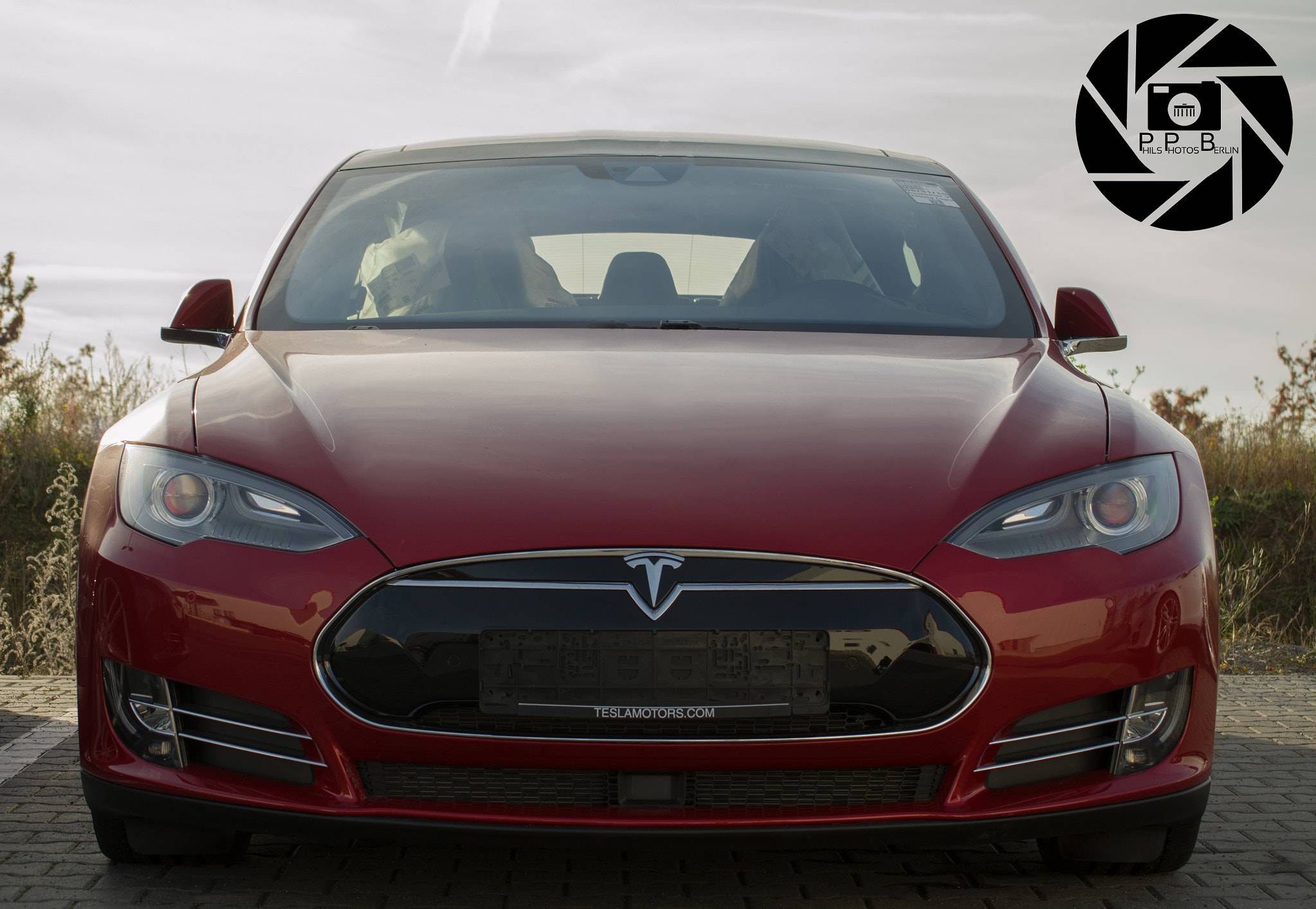The rise of electric cars has sparked a global revolution in the automobile industry. With advancements in technology, increasing environmental awareness, and a shift towards sustainable transportation, electric vehicles (EVs) have the potential to take over the automobile market in the near future. This article explores the key factors that could propel electric cars to dominance.
Environmental Benefits and Climate Consciousness
One of the driving forces behind the increasing popularity of electric cars is their environmental benefits. As concerns over climate change and air pollution continue to grow, governments and individuals are seeking cleaner and greener alternatives to traditional internal combustion engine vehicles. Electric cars produce zero tailpipe emissions, reducing greenhouse gas emissions and improving air quality in cities. With an electric car fleet, the automobile market can significantly contribute to global efforts to combat climate change and promote sustainability.
Technological Advancements and Infrastructure Development
Significant technological advancements in battery technology have been a game-changer for electric cars. The development of high-capacity, long-lasting batteries has increased the range of electric vehicles and reduced charging times. Additionally, advancements in charging infrastructure have made it more convenient for EV owners to recharge their vehicles. The establishment of fast-charging networks and the integration of charging stations in public places, parking lots, and residential areas have alleviated range anxiety and improved the overall driving experience for electric car users.
Government Support and Incentives
Governments around the world are actively supporting the adoption of electric cars through various incentives and policies. Subsidies, tax credits, and rebates for electric vehicle purchases have made them more affordable for consumers. Some governments have implemented stricter emissions standards and regulations that favor electric vehicles, while others have set targets to phase out the production and sale of traditional internal combustion engine cars. These supportive measures encourage consumers to choose electric cars, driving market demand and stimulating further technological advancements in the sector.
Lower Operating Costs and Long-Term Savings
Electric cars offer long-term cost savings compared to conventional vehicles. While the upfront cost of electric cars may still be higher than their gasoline counterparts, the lower operating costs make them more economical over time. Electricity is generally cheaper than gasoline, resulting in lower fuel costs for electric car owners. Moreover, electric vehicles have fewer moving parts and require less maintenance, leading to reduced servicing and repair expenses. As battery costs continue to decline, electric cars are becoming more affordable, leveling the playing field with internal combustion engine vehicles.
Increased Model Availability and Diverse Choices
Automakers worldwide are expanding their electric vehicle offerings, with an increasing number of models hitting the market each year. Major manufacturers are investing heavily in electric vehicle research and development, recognizing the potential for electric cars to dominate the market. The growing variety of electric car models, from compact city cars to luxury SUVs, provides consumers with a wide range of choices, catering to different needs, preferences, and budgets. This increased availability and diversity of electric car options will undoubtedly attract more consumers and contribute to market growth.
Consumer Demand and Changing Perceptions
Consumer demand for electric cars is steadily increasing. As more people become aware of the environmental benefits, technological advancements, and long-term cost savings associated with electric vehicles, they are more inclined to consider them as viable alternatives. The perception of electric cars has shifted from being niche and futuristic to being practical and desirable. Furthermore, the continuous improvement of battery technology, increasing driving range, and expanding charging infrastructure have mitigated concerns about range anxiety, making electric cars a more appealing choice for everyday commuting and long-distance travel.
The rise of electric cars presents a transformative opportunity for the automobile market. With environmental benefits, technological advancements, government support, and changing consumer perceptions, electric vehicles have the potential to take over the market in the coming years. As more automakers invest in electric vehicle production, expand charging




No comments yet
Be the first to share your thoughts!